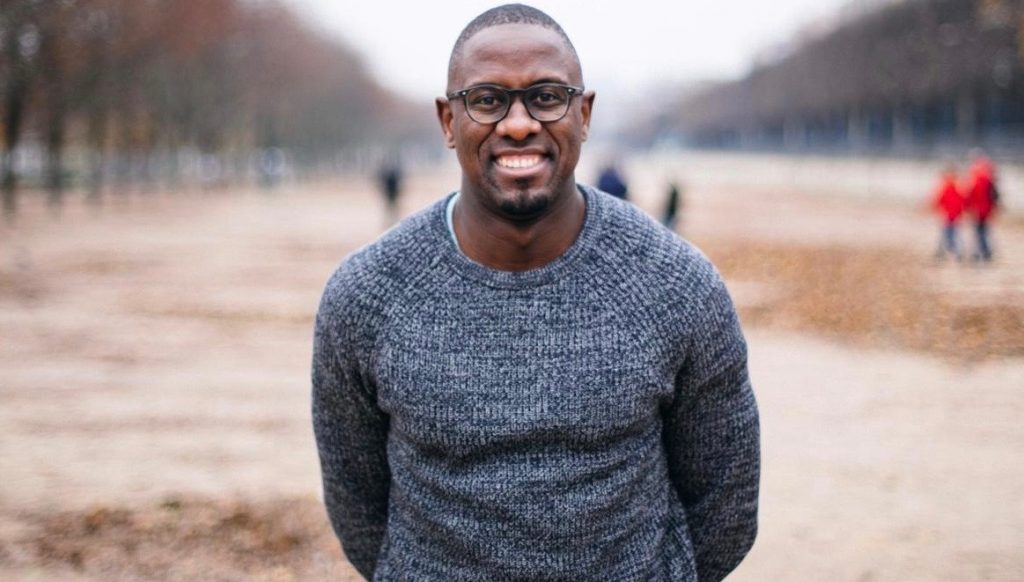Chinese consumer electronics company Honor is set to unveil its latest lineup of smart devices for the South African market. How about we forecast…
Covid-19 and African tech startups roundup [27/03/2020]

South Africans woke today to day one of a 21-day lockdown. To get through this period, SA startups can register as an essential service provider on a new government portal. For many small businesses there are tough times ahead.
With the coronavirus (Covid-19) headlining news all over the world, Ventureburn has launched a regular daily roundup on the virus and how it is affecting Africa’s tech startup sector.
Those with any news releases relating to Covid-19 and Africa’s tech startup sector can send these to editor@memeburn.com.
SA startups can register as an essential service provider on a new government portal
Here then is the latest on the coronavirus and African tech startups:
New regulations for all .za domain names: Government regulations, published on yesterday, require all websites that end in “.za” to link to the department of health’s Covid-19 portal, reports tech publication TechCentral in an article yesterday. There are over 1.2 million domains registered under “.co.za”, the commercial domain in the .za namespace, the publication said, adding that enforcing the regulation is likely to prove difficult.
Register as an essential service: SA businesses can apply online through the Companies and Intellectual Property Commission’s (CIPIC) Bizportal and automatically download a certificate to prove they are essential service providers, Fin24 reported in an article yesterday. During SA’s 21-day lockdown, which began at midnight yesterday and runs until midnight on 16 April, only businesses deemed essential by government will be able to continue trading.
Food challenge: Oribi Village Incubator, the Wakanda Food Accelerator and the Southern Africa Food of the University of Stellenbosch – are calling food sector disruptors to work together, yet separately, on finding disruptive ways to eradicate risks of accelerated food insecurity in the context of the Covid-19 crisis. More information on the challenge’s process and prizes will be announced in the next few days, Ellen Fischat, managing director at Oribi Village Incubator in Cape Town, said in a statement yesterday. For more information visit Oribi Village Incubator’s website.
SA Meditation app for Covid-19: SA startup Vimbo Health has launched the Vimbo app, which teaches users the skills they need to improve their mental health through self-guided cognitive behavioural therapy based content. South Africans Tafi Mazikana (pictured above) and Sherrie Steyn, a psychology practitioner, founded the Joburg and London based startup earlier this year. While the mini-programme launched last Sunday (22 March) is being offered free, the startup plans to offer a revenue-generating services with an initial focus on employers and employee assistance programmes. Mazikana said the startup is currently undergoing ethical approval to run a pilot. He said Covid-19 will likely impact negatively on mental health, both through increased worry, driven by fear of oneself or family members contracting the virus, and isolation will, not only during the lockdown, but also when the crisis is over. The two have invested $50 000 in the business, but Mazikana said the two are now seeking seed funding.
World Bank package: The World Bank is finalising a package to offer coronavirus relief of up to $160-billion over the next 15 months, Business Day reported in an article yesterday, citing the development lender’s president David Malpass. This, global job losses from the coronavirus crisis could surpass the 25-million estimated days ago, UN officials said yesterday, the newspaper reported in another article. Meanwhile Fin24 reported in an article yesterday that a “gutted” Edcon CEO Grant Pattison broke down in tears when he told suppliers in a conference call that the company didn’t have enough money to pay them. Edcon owns stores such as Edgars and Jet, across Africa.
Free Covid-19 toolkits: SA data collection platform Mobenzi, based in Cape Town, has developed free Covid-19 response toolkits which can be used by various organisations around South Africa. The toolkit is essentially made up of five templates that allow businesses to conduct surveys on how their employees are coping during this challenging time and to report how they as a business are coping — which Mobenzi aims to submit to the relevant government agencies and industry associations to assist in measuring the socio-economic effect of the virus. The company was founded in 2009 by Andi Friedman and Pete Fowles and raised R16-million in 2017 from the Vumela Fund (see this story).
Fintech postponed non-priority projects: Mauritius-based fintech 4G Capital, which provides capital credit combined with financial literacy and business enterprise training in Kenya and Uganda, announced today that with the onset of the coronavirus it would enforce strict financial disciplines across the group. The company’s CEO and founder Wayne Hennessy-Barrett said in a statement that all non-priority projects had been postponed until further notice, and that all non-essential operating expenses have been deferred in favour of efficiency and strengthened liquidity. In October last year the company was recognised by the International Finance Corporation (IFC) and the SME Finance Forum for innovation in small business lending (see this story).
Nigerian startup launches fund: Nigerian healthtech platform 54gene yesterday launched in a blog post that it had launched a fund to tackle the current challenges around testing for Covid-19 in Nigeria. To support the ongoing efforts of the Nigeria Centre for Disease Control (NCDC), the startup said it opened the fund by donating $150 000 and within 24 hours of launch, had already secured an additional $350 000 from partners including Union Bank. The money raised will help increase COVID-19 testing capacity in the country by up to 1000 additional tests a day, by buying testing instruments and the required biosafety materials such as biosafety cabinets and personal protective equipment needed to keep frontline healthcare workers safe. Ongoing discussions with other Nigerian institutions are currently taking place, as the company looks to raise enough to accelerate and expand to up to 5,000 tests per day. The startup, founded by Abasi Ene-Obong (pictured above) last year (see this story).
Read more: Covid-19 and African tech startups roundup [26/03/2020]
Read more: Covid-19 and African tech startups roundup [25/03/2020]
Read more: Covid-19 and African tech startups roundup [24/03/2020]
Featured image: Vimbo Health co-founder Tafi Mazikana (Supplied)

